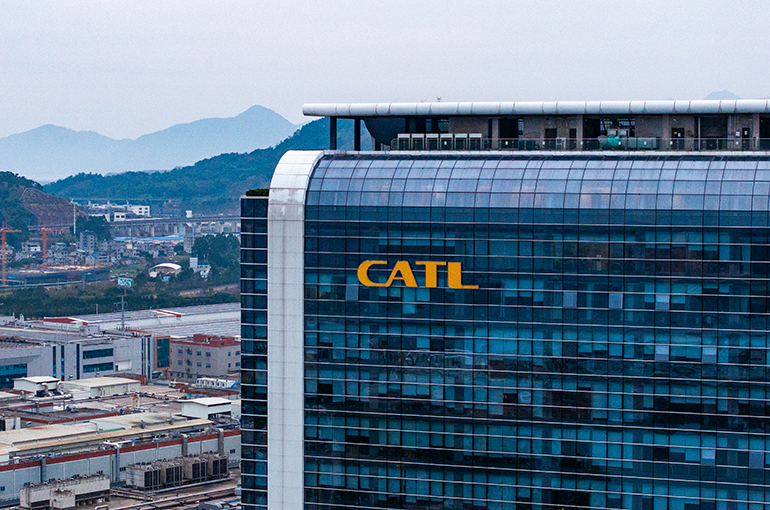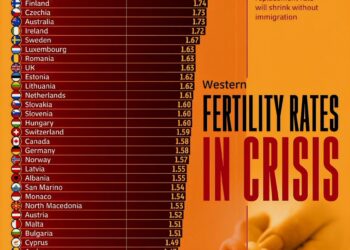Select Language:
Shares of several Chinese lithium companies experienced significant gains after a leading battery manufacturer announced the suspension of operations at its lithium mine in Yichun due to an expired mining license.
Lithium salt processor Chengxin Lithium Group, lithium producer Jiangxi Special Electric Motor, battery materials giant Ganfeng Lithium, and lithium-ion battery materials firm Tianqi Lithium all hit the daily trading limit of 10% on the stock exchange today.
In Hong Kong, Ganfeng Lithium and Tianqi Lithium saw increases of 20.9% and 18.1%, respectively.
The Jianxiawo mine in Yichun, operated by a major battery manufacturer known as China’s lithium capital, paused operations on August 9 after its mining license expired, according to an official statement on the Shenzhen Stock Exchange’s investor platform.
The company is working continuously to secure an extension for the mining permit and has indicated production will restart once the license is renewed. This incident isn’t expected to significantly impact the company’s overall operations.
The news followed a report by Bloomberg, which cited sources close to the matter, stating that production at the Jianxiawo mine in Jiangxi was halted for at least three months after the permit expired.
Earlier in July, the natural resources bureau of Yichun demanded eight lepidolite companies submit reports verifying their reserves by September 30. These firms have a combined annual capacity of 160,000 tons of lithium carbonate.
However, concerns arose over the issue of unauthorized license approvals, sparking panic within the market.
This increased regulatory focus stems from China’s updated Mineral Resource Law, which came into effect on July 1. The new law emphasizes strategic mineral protections, advocating for stronger ecological and environmental safeguards, ownership rights, and the legal rights of mining companies.
CRU estimates that the changes could impact around 17% of the world’s lithium supply next year.
Despite potential short-term disruptions in lithium material supply due to some mines halting activity, industry analysts believe that widespread shutdowns are unlikely. A sudden reduction in supply could cause sharp price swings and disrupt China’s domestic lithium-ion battery industry.
The key deadline remains September 30, when reserve reports are due, and regulatory intentions in Yichun will become clearer.
Lithium prices, which had fallen roughly 90% from their peak in November 2022 to around CNY70,000 (about USD9,745) per ton in June, have put pressure on miners’ profitability. For instance, one of the major battery manufacturers saw its revenue from mineral resources decline by 29% last year compared to the previous year.






